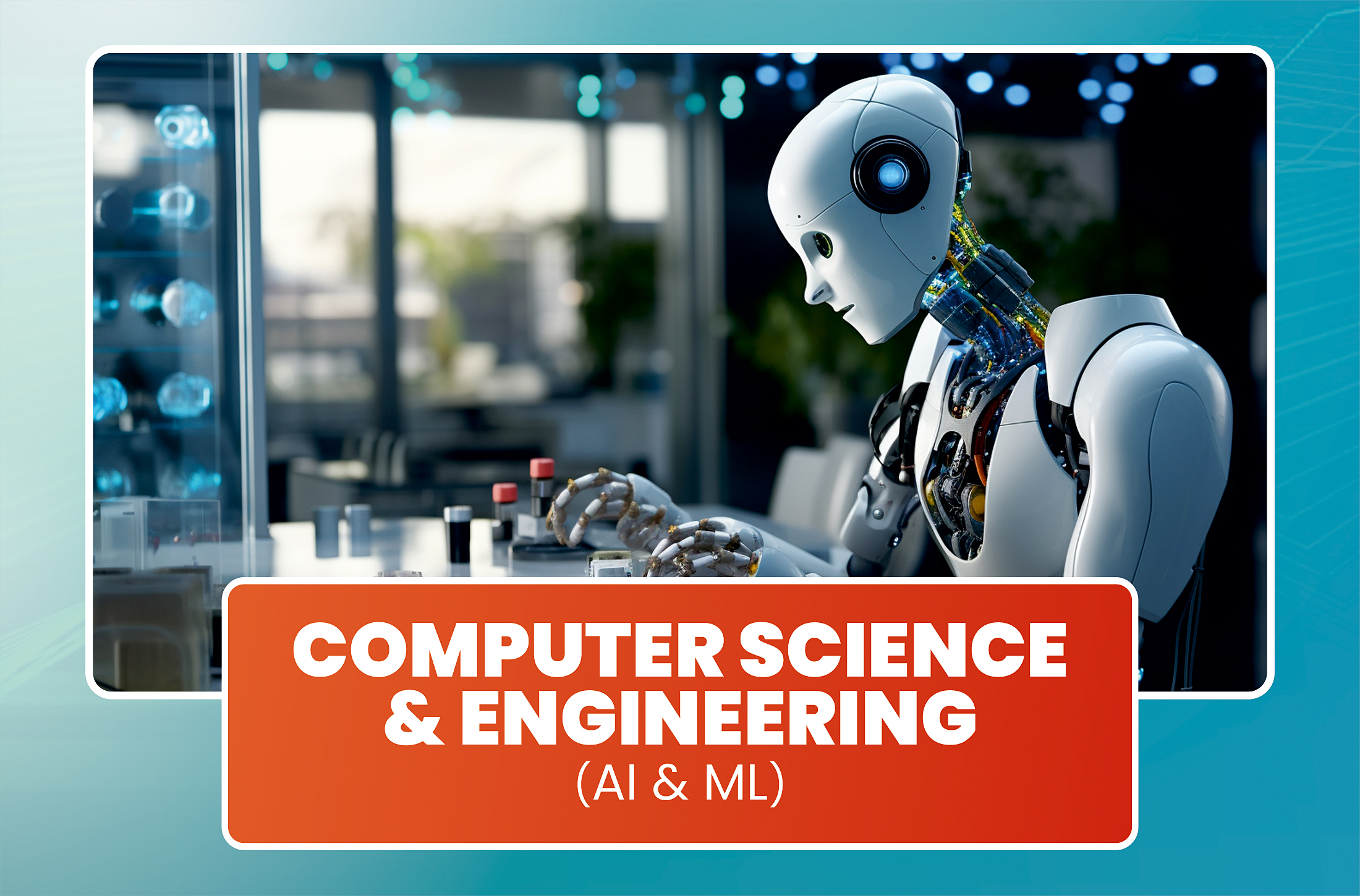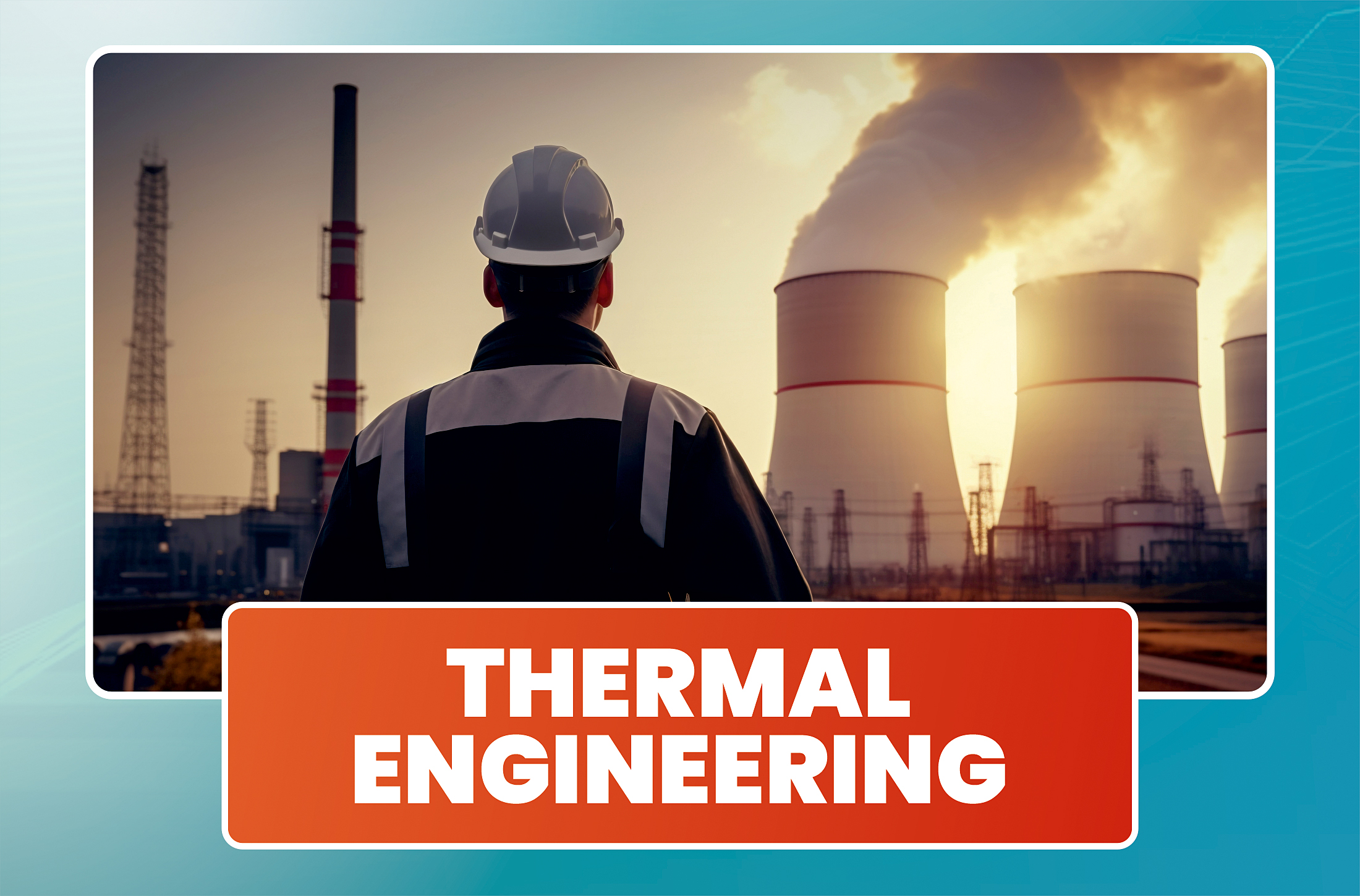About M.Tech
The department of Civil Engineering presently offers post graduate program M.Tech in Structural Engineering study program.
The department of Computer Science & Enginering presently offers post graduate program M.Tech in Computer Science & Engineering (Artificial Intelligence & Machine Learning) study program.
The curriculum is as per Chhattisgarh Swami Vivekananda Technical University, Bhilai (CSVTU) syllabus with its cohesive team of faculty members. The department has well qualified and experienced faculties and state of art laboratories.
Courses Offered
M.Tech



Admission Requirement
For M.Tech CSE (AI & ML) - B.E/B.Tech in CSE
For M.Tech Structural Engineering - B.E/B.Tech in Civil Engineering
For M.Tech Thermal Engineering - B.E./ B.Tech. or equivalent examination in Mechanical engineering.
M.Tech CSE(AI & ML)
Artificial Intelligence prepares professionals who develop intelligent machines and systems, performing tasks that require human ingenuity, such as playing games or mastering the natural language. Popular examples of Artificial Intelligence (AI) include computers playing chess or self-driving cars. They rely on in-depth learning and natural language analysis to analyze large amounts of data, identify patterns, and make predictions and decisions based on relevant information.
Machine Learning (ML) is a very special sub discipline for Artificial Intelligence. Machine learning teaches students how to use algorithms and mathematical models to create computer systems that they can read for themselves. A good example of a machine learning program (ML) is image recognition software used by companies such as Google or Apple. The program analyzes the contents of the images and divides them into different categories (eg location, title, color).
Admission Requirement
B.E/B.Tech in CSE
M.Tech Structural Engineering
The Department of Civil Engineering, SSIPMT, Raipur established in the year 2009 has grown tremendously over the years and is now recognized as one of the major engineering departments in the state.
The department is enriched with state of art laboratory facilities to perform curriculum based practical and research activities. Many of our faculty members and students are involved in research activities in various areas of civil engineering.The department actively conducts conferences, workshops, short term seminars etc. It also undertakes industrial consultancy works as a part of its interaction with industry.Exclusive expertise training in STAAD PRO, AUTO CAD, Bridge making and GIS is a usual practice in the department.
The Department introduces two-year course leading to Master’s degree in Structural Engineering.
Admission Requirement
B.E/B.Tech in Civil Engineering
Course Duration - 2 Years (4 Semesters)
M.Tech Thermal Engineering
The department of Mechanical Engineering offers 2 year full time Master Degree in Thermal Engineering.
The study of Thermal Engineering focuses on energy transformation. While studying Thermal Engineering, students learn about heating and cooling processes in equipment or the enclosed environment, and deal with thermodynamics and conversion of heat into various energies including mechanical, chemical and electrical energy. Mankind is facing formidable challenges in meeting the energy needs of the growing population, replacing fossil fuels with renewable energy sources and reducing carbon dioxide emissions, in this 21st century.
It is highly notable for thermal scientists and engineers working on long term sustainable energy, environment and other global issues making the field of thermal engineering an inevitable and upcoming study.
Why Thermal Engineering?
Thermal engineering is an important field of engineering that focuses on the study of the transfer of energy in the form of heat and its utilization for various applications. There are several reasons why one might be interested in studying thermal engineering:
- Energy conservation: As the world's demand for energy continues to grow, it has become increasingly important to conserve energy and use it more efficiently. Thermal engineering plays a key role in developing technologies that can help us achieve these goals.
- Environmental sustainability: The use of energy has a significant impact on the environment, including climate change. By studying thermal engineering, we can develop new technologies that are more environmentally friendly, such as renewable energy sources.
- Industrial applications: Thermal engineering is widely used in industry, including in the design of engines, power plants, heating and cooling systems, and more. Understanding thermal engineering can help engineers develop more efficient and effective systems for a variety of applications.
- Research and innovation: Thermal engineering is a rapidly evolving field, with new technologies and techniques being developed all the time. Studying thermal engineering can be a gateway to research and innovation in a variety of areas, from renewable energy to nanotechnology.
- Overall, thermal engineering is a fascinating and important field of study with a wide range of practical applications.
